New Year, New DreadXP
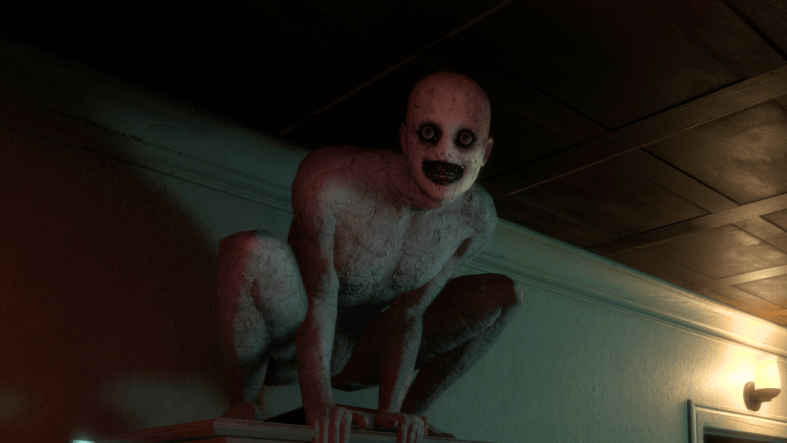
Most may not be aware that the same parent company Epic Pictures, owns Dread Central and horror game publisher DreadXP. Founded in 2019 by Epic Pictures CEO Patrick Ewald, DreadXP has released several indie horror game hits, such as The Mortuary Assistant, Amanda The Adventurer, and Sucker for Love. They’re even working with Shudder on an official Creepshow video game.
Then, in September 2023, Hunter Bond, previously at Berzerk Studio, and Brian Clarke, developer of The Mortuary Assistant joined the team as co-directors to move the team in a bold new direction. With a combined 30 years of industry experience, they’ve injected new energy into DreadXP.
Ewald said about the changes, “We are a growing team of obsessed horror fans who want to take that same passion for films and put it into video games. With over 10 games already successfully published, DreadXP is a key part of the evolution of the company as we continue to build our horror ecosystem of entertainment.”
This will be the year to keep an eye on DreadXP, but the management shift has had a trickle-down effect on Dread Central, as you might have noticed. DreadXP used to both work as a publisher and handle the majority of video game coverage for the company. Now, this has changed for the better. Dread Central is expanding its game coverage by absorbing DreadXP’s previous editorial site and team into their current writing staff. Justin Wood (the writer of this article) has joined as the new Video Games Editor for the site and will help spearhead expanding and strengthening the site’s coverage of the world of horror games.
I spoke with Bond, Clarke, and Dread Central’s editor-in-chief Mary Beth McAndrews to talk about what all these changes mean for not only DreadXP but for Dread Central, as well.
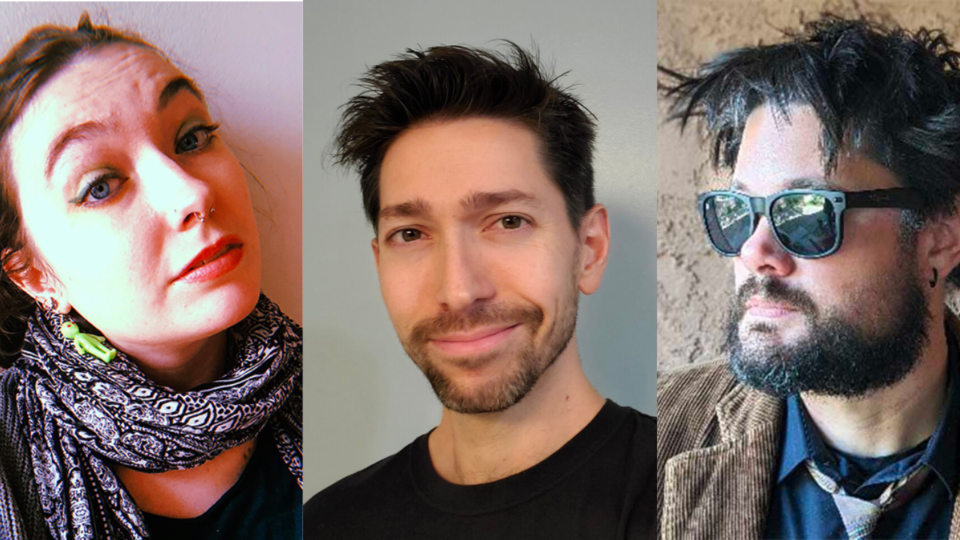
Dread Central: What do the change in leadership at DreadXP and its effects on Epic Pictures as a whole mean for Dread Central?
Mary Beth McAndrews: All of these changes are nothing but positive for Dread Central, from bringing you on to our editorial team to being able to find more synergy between our companies. So often, I hear that people don’t know that Dread Central and DreadXP are connected. But, with Brian and Hunter joining the team, I really hope we can change that. While we do very different things on a daily basis, the DreadXP team and their team of developers are working on some incredible projects, and I’m excited to help shine a light on that work.
DC: There has been a different, exciting energy going into 2024 with DreadXP, with the two of you taking the reins. What does that mean for the current state of DreadXP?
Brian Clarke: We already have such a great offering of existing games, and our plan is to further expand on that by not only finding titles that fit well within our current library but also by continuing what was great about the spirit of the Dread collections by finding new ways to elevate smaller indie developers and bring them to a larger audience of horror fans. We’re both developers, so we just want to make good games and help others do the same.
Hunter Bond: Since DreadXP is already an established publisher, having released some great games in addition to the earlier collections, part of the challenge of being the new leadership is very much akin to jumping behind the controls of an already-moving train. So the first order of business was to figure out where we could make the things already in progress run smoother while also simultaneously finding ways to set up all the future plans and efforts for success. The end goal of all of our efforts is to make the process of working with DreadXP as easy and enjoyable as possible for both employees and our developer partners. Game development is notoriously already a difficult undertaking by its nature, but we’d love to be a force to make that easier, not harder.
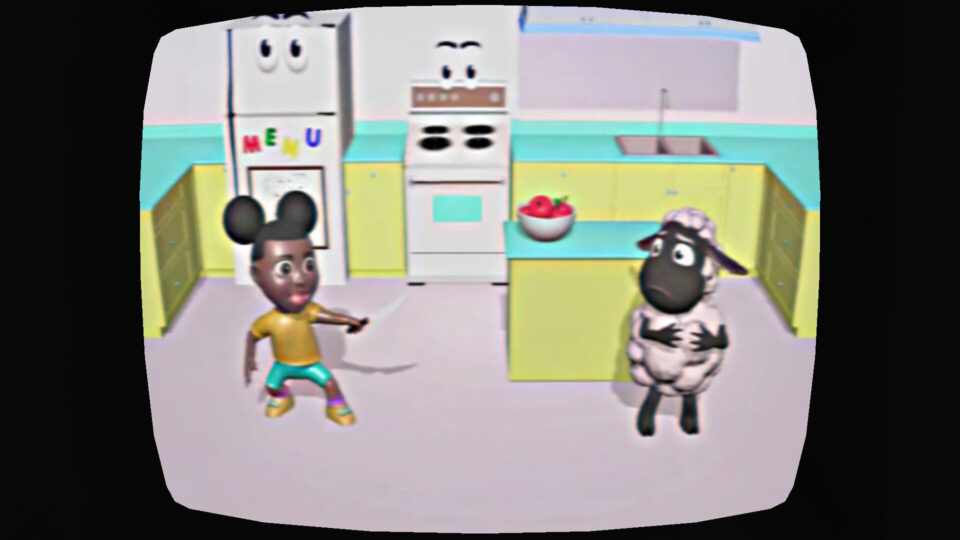
DC: DreadXP has been known for its wild game releases ranging from My Friendly Neighborhood, Mortuary Assistant, [I] Doesn’t Exist, and Amanda the Adventure. With the two of you steering the ship, what is DreadXP’s mission statement regarding the types of games it works with, and has it changed since the changeover?
HB: This might be controversial, but personally, I’m a fan of good games, which, regardless of whether you’re working in a specific genre (like we are) or at a certain scale, ultimately is the best goal when deciding what to work on. Of course, good is subjective, but that’s part of the responsibility of heading up a venture like this, which is to be able to use the collective taste, experience, and insight of your team and use that to make decisions that lead to successful partnerships, not just for DreadXP as a publisher, but for the developers whose games we help release into the world.
Part of what we want to see is games that fit obviously into the traditional genre of horror, but also games that either push the common concept of a horror game or do something to expand the space into places it hasn’t gone yet. There is an amazing variety of developers working in the indie Horror space right now, and really, the hardest thing is to pick and choose since we’d never be able to publish every game we come across that gets us excited.
BC: There really is so much out there, and even in the short amount of time that we have taken on managing Dread, we have seen a ton of new and interesting titles. We focus on a very specific area and aim to be the best. Hunter and I also represent two pretty different sides of horror. Hunter is a fan of 80s camp horror, whereas I really kind of have no filter and love dark and horrible things to the point that I need to be reeled in sometimes, which means, in terms of Dread if it’s horror, we want it. I really want to support every developer, but as Hunter said, we can’t publish everything, so we have difficult choices to make. Our focus will always be horror, and I love that about Dread.
Bringing lots of experience with them on the games development side, DreadXP is looking to have a fantastic year with Sucker For Love: A Date to Die For, Sylvio: Black Waters, and whatever the Amanda the Adventurer team has been cooking up. Not to mention the continually updated Dread Delusion. There seems to be a newfound fire lit over at DreadXP, and it has been invigorating to see.
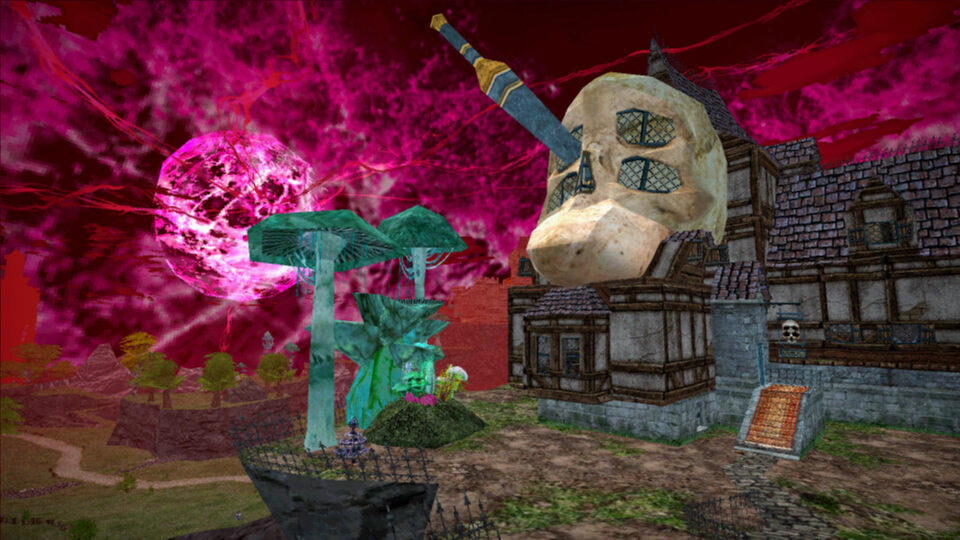
DC: With the new leadership, is there anything that will be immediately impacted? And what comes next for DreadXP?
BC: Obviously, our first focus was the internal team at Dread. We are working with some amazingly talented and passionate people. Changes in management can always be a weird experience, so we have been focused on making sure DreadXP has a solid foundation for supporting new and existing projects. As for what comes next, I would really love to move us into a space where we not only support the level of games we do now but have a structure that allows us to bring all sizes of development teams into the spotlight they deserve from tiny solo projects to large multi-year ones.
HB: I remember the conversation Brian and I had when deciding ultimately if we were going to take on the leadership role, and two things we agreed on were important to both of us. The first was that we wouldn’t do it without the other because it was too big of an undertaking for a single person, and we both also wanted to still have time to work on game development as well.
The second was that, ultimately, the reason we’d agree to undertake something that represented a pretty major shift in both of our pretty established careers was that neither of us would feel good about not stepping up when asked if it meant that it would possibly destabilize other developers just like ourselves, and the crew that’s put in the work to help DreadXP be what it is. So it’s with the goal of being both crew and dev-minded that we undertake this effort, and that will always remain the driving motivation for why we’re doing this at all.
DC: Dread Central has covered video games in the past, but I was wondering if you could elaborate on the immediate effects these changes will have on Dread Central and, in turn, what the future of Dread Central looks like?
MBM: So, for a while, video game coverage was primarily published on DreadXP’s website. It wasn’t something we did much of at Dread Central so we didn’t duplicate efforts and make our own sister site a competitor. But now, by bringing all of the editorial coverage back under the Dread Central umbrella with a dedicated games editor, we can really amp up how we cover games, build our network of games writers, and forge more meaningful connections with developers and publishers. I’m excited to figure out what games coverage looks like for us and how to spotlight some of the amazing work going on in the indie horror games space. As a video game nerd myself, it’s just exciting to have horror games more integrated into our daily workflow.
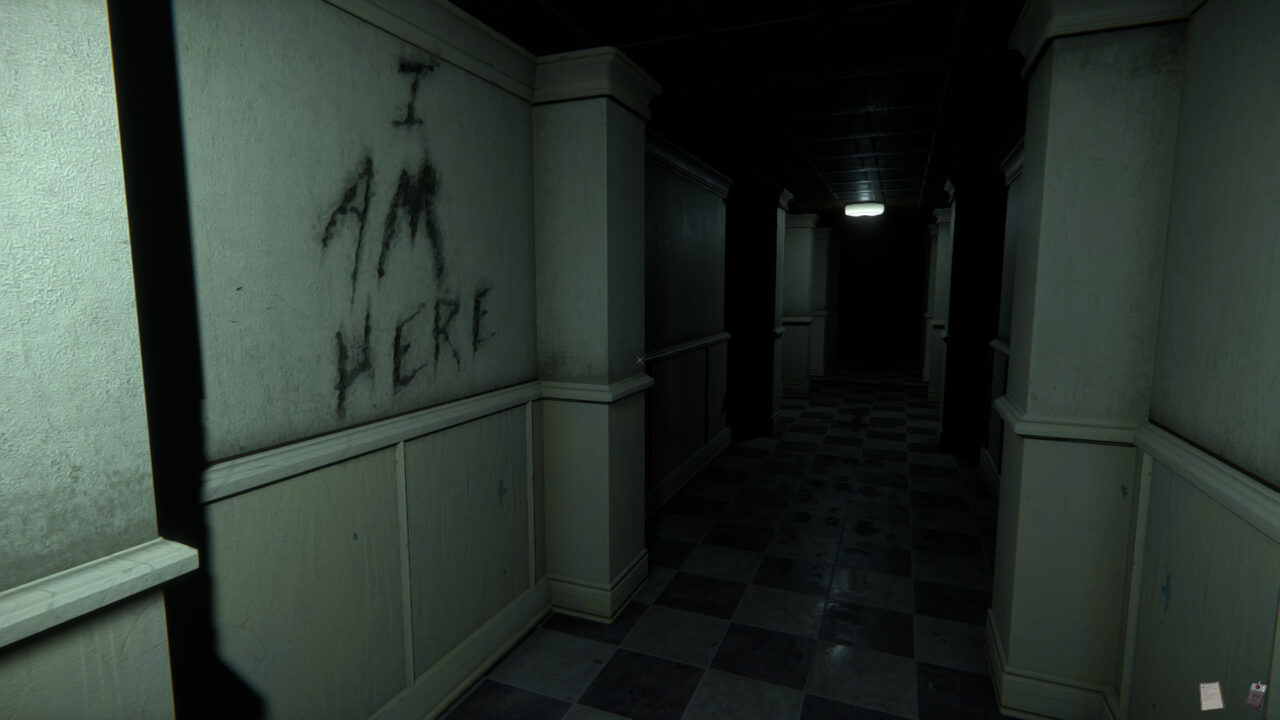
DC: Is there anything you would like to assure or let the fans of DreadXP know?
BC: Dread has always boasted of being “developer-first” in its focus when it comes to publishing, and I think Hunter and I bolster that message now more than ever as we are both developers ourselves. It is insanely difficult to find the support you truly need as an indie developer, and we both share the same desire to bring our experiences in the industry to help support other developers in realizing their passions.
We want Dread to be a trusted name in the indie horror space and the first publisher people think of when they want to play or publish quality games. I know both of us always want to be available to the fans and fellow developers too. I don’t want to ever appear like I’m locked away, and it takes some secret method to even be able to talk to me about horror games from either developer or player perspectives. We’re both always available and happy to talk.
HB: As Brian said, when we were asked to step into these positions, one of the reasons there are, in fact, two of us working collaboratively is that neither of us was interested in wholesale stepping away from active game development into solely managerial and administrative roles. I’ve long held the belief that, in a lot of ways, the most dangerous thing you can do in games is to lose touch with not just your fans and customers as a developer but as a publisher. You can’t lose touch with what it means to be a game developer.
When you either haven’t worked on a team yourself to ship a game from beginning to end, or it’s been so long since the last game you worked on that your experiences are no longer representative of the challenges that face the developers whose games you’re publishing, you’re going to have a much harder time having relevant feedback, and it will hamper your ability to be an active contributor to that project.
This ties into a common divide I’ve found between myself and other games industry professionals, where given the choice between attending a professional conference geared towards the industry like GDC and attending a more fan-centric event like PAX, I will always take the option that allows me to meet and talk to the people who play and enjoy the things we make, because ultimately that’s what keeps you grounded, in addition to being a gratifying experience in and of itself.
Our expanded video game coverage has already begun with interviews with teams behind Arizona Sunshine 2 and Dead By Daylight, and editorials like Witchfire and Its Journey Into Early Access. So get ready to see a lot more video games here at Dread Central!
Categorized:Horror Gaming News

